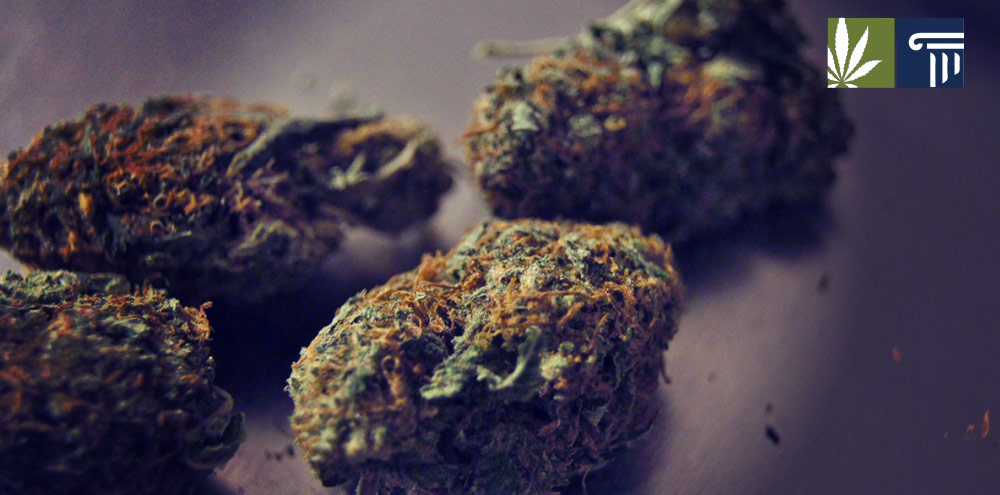Arizona’s voter-approved ballot initiative to legalize marijuana took effect on November 30, 2020, while most of the state’s elected county attorneys confirmed they’ve now dropped all cannabis possession cases.
Prior to legalization, Arizona was one of a handful of states that allowed felony charges to be brought against a person possessing even small amounts of cannabis, though in practice such cases were typically filed as misdemeanors. Nonetheless, the law change means thousands of people will no longer face criminal charges for low-level marijuana possession. In Arizona’s most populous county – Maricopa – almost 6,000 cases have been dropped.
Arizona voters’ approval of Proposition 207 legalizes possession of up to an ounce of cannabis flower, or smaller quantities of concentrates, and allows home cultivation of marijuana plants. Possession of more than an ounce but less than 2.5 ounces is now a misdemeanor punishable by a $300 fine. Arizona’s Department of Health is currently working on regulations for a legal cannabis industry, and is expected to accept the first dispensary license applications in January 2021.
Associated Press (AP) contacted 15 county prosecutors in mid-November to ask the status of pending marijuana possession cases, with 13 responding to say they’d either been dismissed or would be dismissed on November 30 when Proposition 207 takes effect. One of the two county prosecutors that did not respond, from Gila County, has instructed police officers to stop arresting and charging persons found with small amounts of cannabis, according to a report on KJZZ radio.
“The majority of the people of the great state of Arizona have spoken on this issue and this office will follow the law, as created by the state’s citizens,” said Apache County attorney Michael Whiting.
Now that Proposition 207 has taken effect, persons with low-level marijuana charges can petition the courts to have their records expunged. Pre-empting the law change, county attorneys chose to stop pursuing cannabis convictions that would later be eligible for expungement.
“Really I think the prosecutors are doing the right thing, and doing what the voters intended them to do,” said Chad Campbell, who campaigned to put Proposition 207 on the ballot. “And it’s a huge step forward for criminal justice reform here in the state.”
Even county attorneys who consider themselves prohibitionists said they would act in accordance with Proposition 207 prior to it taking effect. Coconino County attorney William Ring responded to AP by saying it would have been preferable for the legislature to legalize marijuana instead of through a ballot measure, as it now forms part of Arizona’s state constitution meaning it will be harder for lawmakers to make changes in response to unintended consequences.
Another county attorney, Brian McIntyre, criticized the widening mismatch between state and federal marijuana laws, and urged the US congress to act on the matter urgently.
“The federal government needs to make a decision—this is ridiculous,” he said. “If they would just act and not continue to leave it to this patchwork framework with the states and see how things go here and there and elsewhere … then people would know and we could just all move forward at once. But it’s not happening.”






